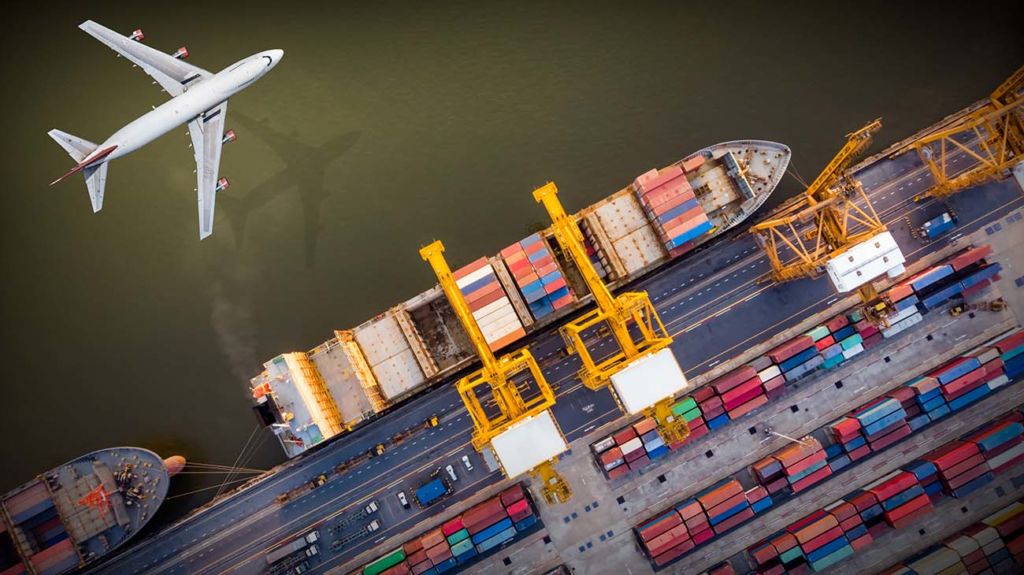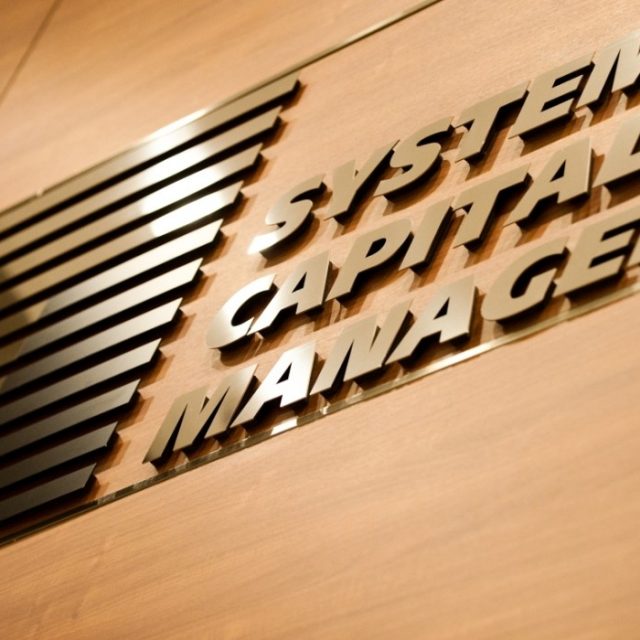The logistics and supply chain sector has experienced extreme challenges during the Coronavirus pandemic, writes Alistair Binks.
A recent survey conducted by the Institute for Supply Chain Management found that nearly 75 per cent of companies reported supply chain disruptions in one form or another due to Covid-19-related transportation restrictions.
The importance of global supply chains – the lifeblood of our western economies – and our reliance upon them to keep the country and its key workers on the move cannot be underestimated. In this article, our experts look at the various ways in which translation services play a key role in ensuring the international efficiency of the logistics and supply chain sector.
Communication is a critical, often complex area, especially when you factor in the challenges posed by operating in numerous countries and languages. In the supply chain sector, effective communication is key; both in ensuring logistics operatives and truck drivers are armed with the right information to meet customers’ ever more demanding delivery schedules, and making sure that customers fully understand the supply chain process.
For successful communication, translation isn’t as simple as creating like-for-like documents in each language. The cultural and linguistic nuances need to be understood and observed. Reliable and effective communication can then form the backbone of supply chain logistics. By managing expectations and being transparent and predictable in your communications, it can become a catalyst for growth.
Communication is a natural precursor to documentation. Whether it’s shipping or haulage, the logistics industry is multi-faceted and relies upon accurately translated documentation to help keep it focused and effective. Key translations can include website copy, navigation documents, marketing materials, operating and technical manuals and certificates, HR, legal and HSE materials.
Globalisation means that turning raw materials into finished products now often takes place across multiple nations, continents and languages. As a result, the need for harmonised supply chain documentation across borders is vital. Keeping to schedules and optimising routing requires a high level of documentation and synchronisation.
A decade ago, the concept of supply chain transparency was rarely mentioned, yet today it is demanded across a broad spectrum of companies and industries. Supply chain transparency refers to the requirement of a company to be aware of and understand what is happening further up the supply chain, and to communicate that information both internally and externally.
Customers are increasingly well-informed. They want to understand where the products they are buying come from, where ingredients and materials are sourced, the conditions under which they are produced, the labour used and even the carbon footprint and ethical practices followed.
As the demand for supply chain transparency has increased, so has the reputational risk for companies. It is essential that these key messages are handled with the utmost care; a translation misstep could prove to be incredibly costly.
Solid procurement practices and strong relationships with suppliers form the lynchpins of the logistics and supply chain sector.
Effective collaboration between companies can help with supply chain risk assessments. Based on global industrial and political trends, it offers a way to mitigate the risk of stock shortages. It can also help to streamline internal processes and reduce over-exploitation of the resources used on tasks. In addition, effective collaboration can help to generate referrals from satisfied business partners and produce more business.
Effective collaboration relies upon smooth information flow, often across countries, sometimes across continents and frequently in numerous languages. Translation services can prove vital in establishing and developing these productive collaborations.
If there was ever a time to discuss the importance of supply chain resilience, it is surely during a pandemic such as Covid-19. The current climate has proved that companies need to seriously consider supply chain risk management and be prepared for all scenarios. However, even with the most thorough planning, the situation we find ourselves in could not have been predicted or prevented. This is where supply chain resilience comes into play. It provides a tangible measure of your company’s ability to endure disruptive events.
A number of steps can be taken to make the supply chain more flexible and resilient. These include: visibility, so that disruptions can be detected on time; close cooperation with suppliers and distributors – as mentioned above – so that alternative supply routes can be found; and a solid incident response plan, to provide a course of action when disruption occurs.
A good quality incident response plan needs to be accessible to all. If it is only available in English and an incident occurs in another country where English isn’t the native language, you will require a timely translation service, or even better the foresight to have the translated document ready should it need to be called upon.
Well-translated content can support and sustain the logistics and supply chain sector. UK based agency Albion Languages offers a high-quality, flexible translation service with a wealth of experience in working for logistics should you need support.

The Author, Alistair Binks is
General Manager of Albion Languages.




